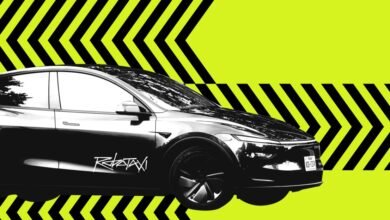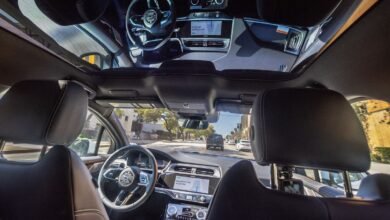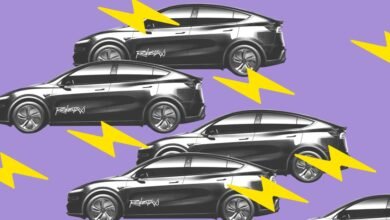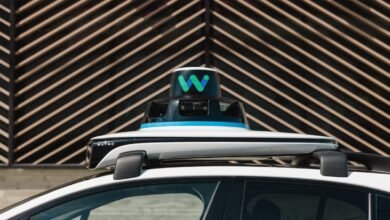Uber, Momenta to Launch Autonomous Vehicle Tests in Germany by 2026

▼ Summary
– Uber and Momenta plan to start testing robotaxis in Munich in 2026, marking their first public announcement for a continental European city.
– The partnership, first revealed in May 2025, will initially include human safety operators to monitor and take control if needed.
– Momenta is a major Chinese autonomous vehicle company that has been testing self-driving cars in China since 2018.
– Uber faces competition in Europe’s AV market, such as Lyft’s partnership with Baidu to deploy robotaxis in Germany and the UK.
– Uber has 20 global AV partners, and these collaborations have generated an annualized rate of 1.5 million mobility and delivery trips.
A major step forward for autonomous mobility in Europe is on the horizon as Uber and Momenta prepare to launch robotaxi testing in Munich by 2026. This initiative marks the first public deployment for both companies in continental Europe, signaling a significant expansion of their self-driving ambitions. The collaboration, initially announced in May 2025, will see Momenta-powered vehicles integrated into Uber’s platform, operating with human safety operators present during the initial phase.
Founded in 2016, Momenta stands as one of China’s pioneering autonomous vehicle firms, with a strong track record of testing self-driving technology in its home market since 2018. The Beijing-based company has established itself as a key competitor in China’s rapidly evolving AV sector. Uber’s decision to partner with Momenta places it in direct rivalry with other ride-hailing services expanding across Europe. For instance, Lyft recently revealed a collaboration with Baidu to introduce robotaxis in Germany and the UK starting next year.
This partnership forms part of Uber’s broader strategy to incorporate autonomous technology across its global operations. The company has engaged with 20 different AV partners worldwide for its ride-hailing, delivery, and freight divisions. These alliances have already facilitated an impressive annualized rate of 1.5 million mobility and delivery trips. In the United States, Uber customers in cities like Austin, Atlanta, Phoenix, Los Angeles, and San Francisco can access Waymo’s robotaxis through the app.
Internationally, Uber has also joined forces with other Chinese AV innovators such as WeRide and Pony.ai to introduce autonomous ride options in the Middle East. Services are already available in Abu Dhabi and Riyadh, with plans to extend to Dubai. Additionally, Uber recently announced a collaboration with UK-based Wayve to conduct public road trials of Level 4 autonomous vehicles in London. Level 4 autonomy refers to vehicles capable of operating without human intervention under specific predefined conditions.
Uber selected Munich as its European testing ground due to the city’s rich engineering legacy and robust automotive ecosystem. Dara Khosrowshahi, Uber’s CEO, emphasized that Germany’s century-long influence on the global auto industry makes Munich an ideal location to pioneer the future of self-driving transportation. Before services can begin, Momenta must undergo a certification process with German regulators to demonstrate that its vehicles comply with local safety standards and receive approval for its designated operational zones.
For Momenta, this deployment could represent its first robotaxi service in Europe. The company already operates an autonomous ride-hailing program in Shanghai and aims to commence commercial operations with safety drivers by year-end. Alongside its development of Level 4 technology, Momenta has been actively deploying advanced driver assistance systems (ADAS) in partnership with automakers including Mercedes-Benz, BMW, and Audi. The company reports that its ADAS technology is currently installed in 400,000 customer vehicles.
(Source: TechCrunch)





